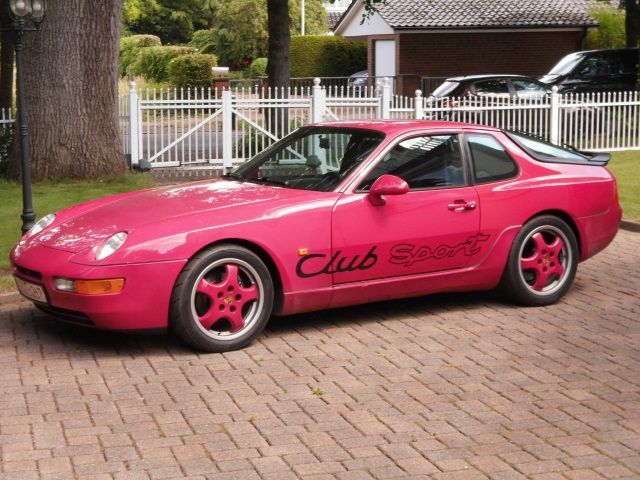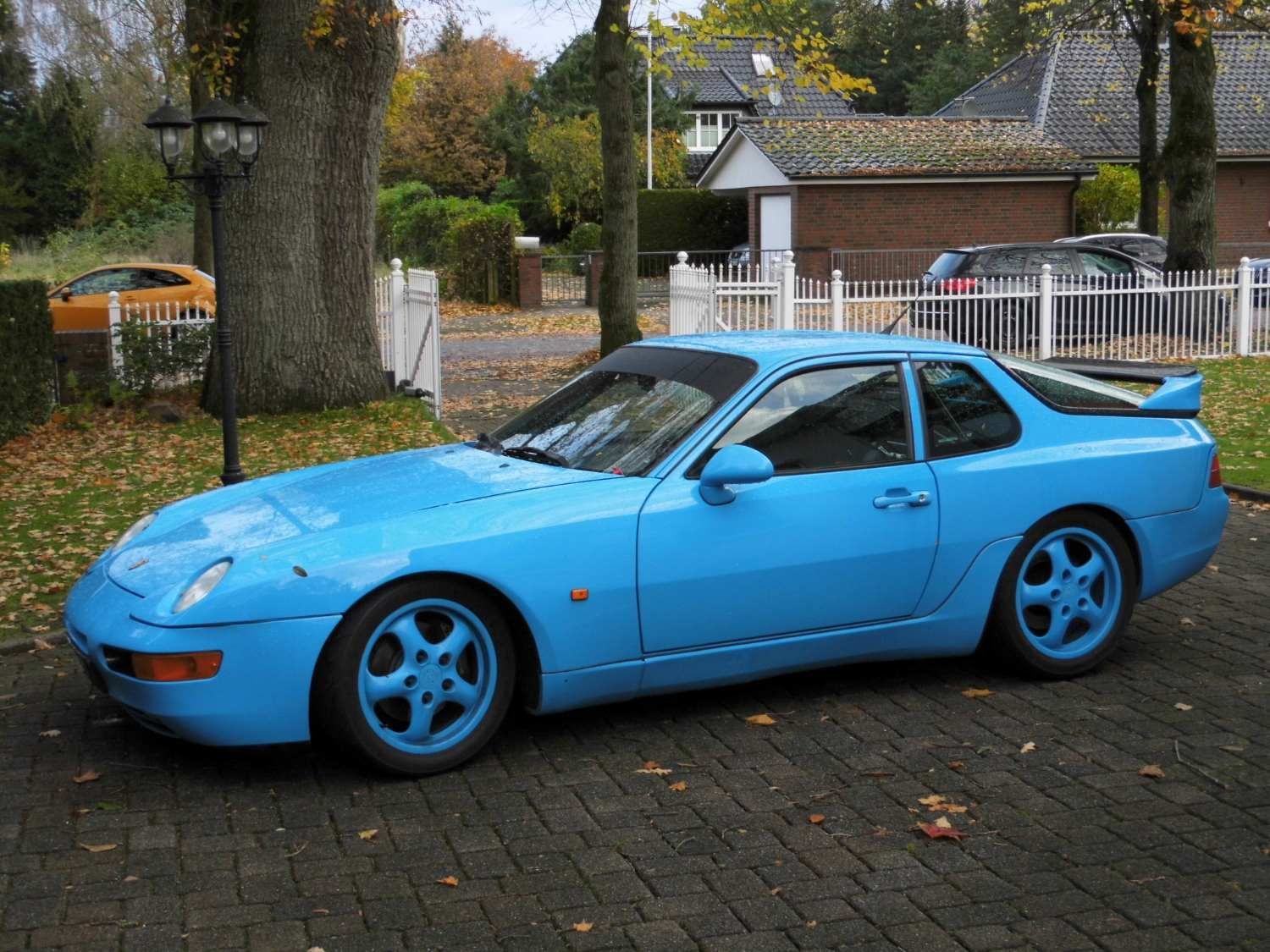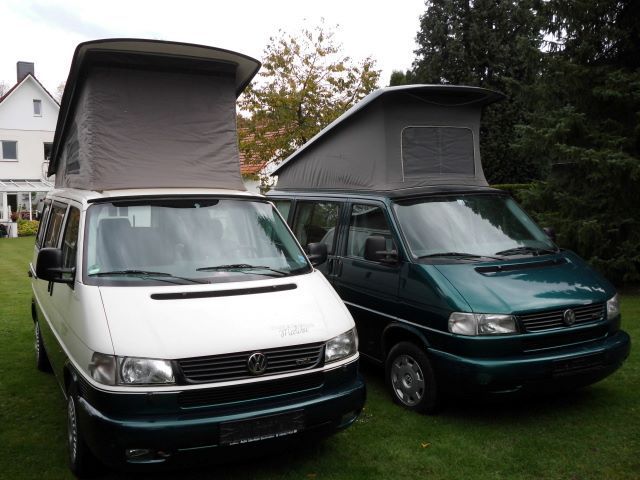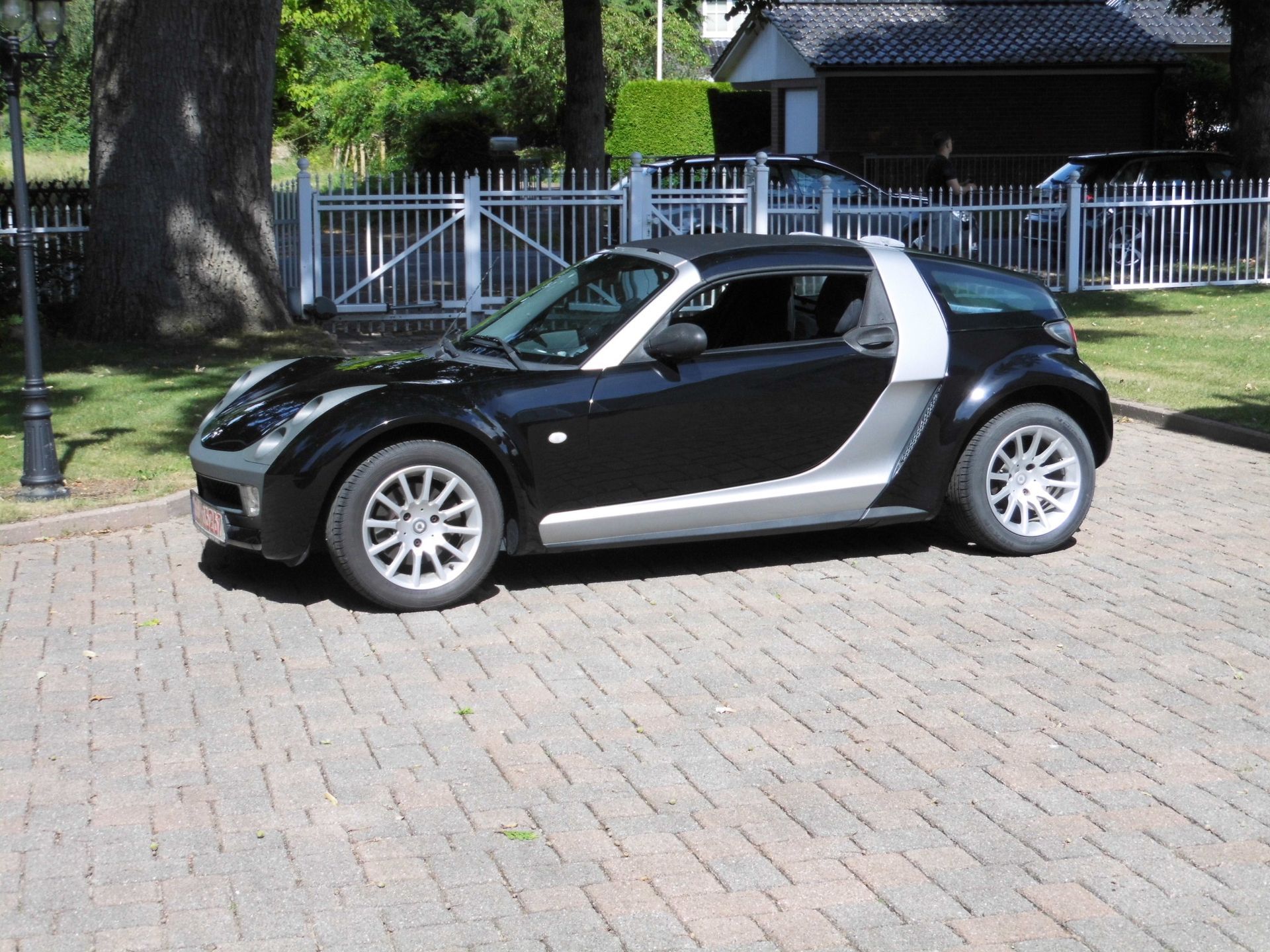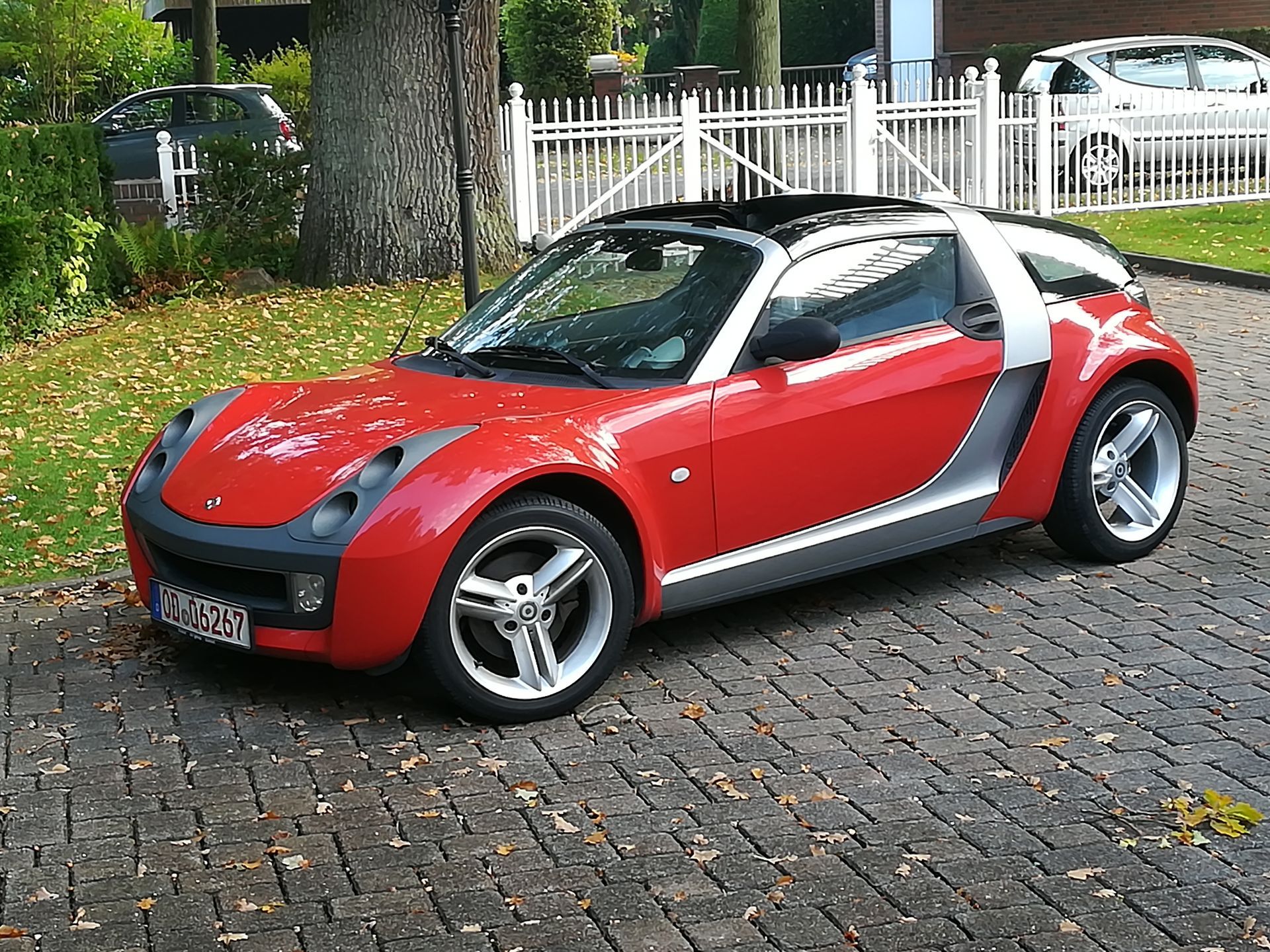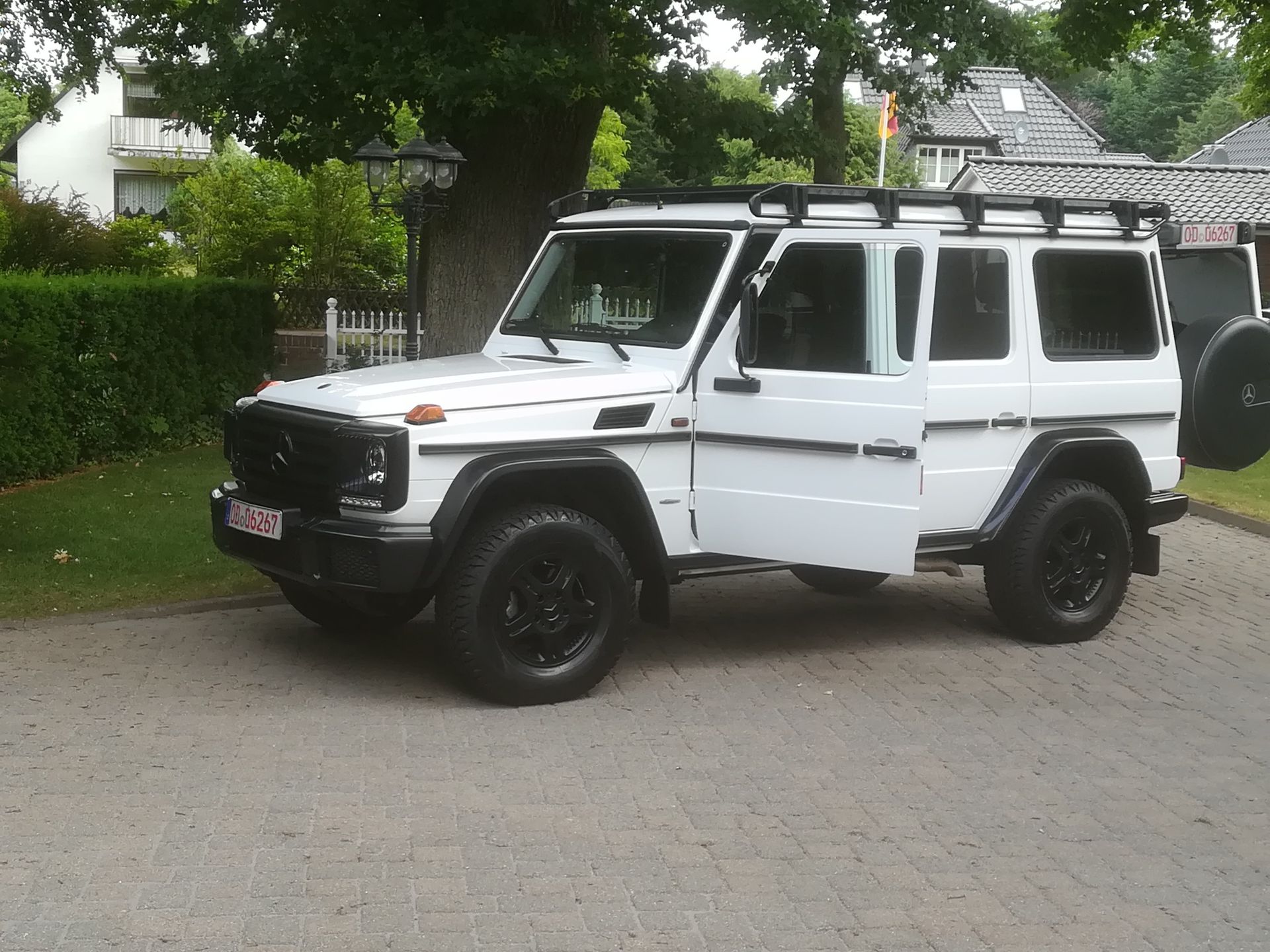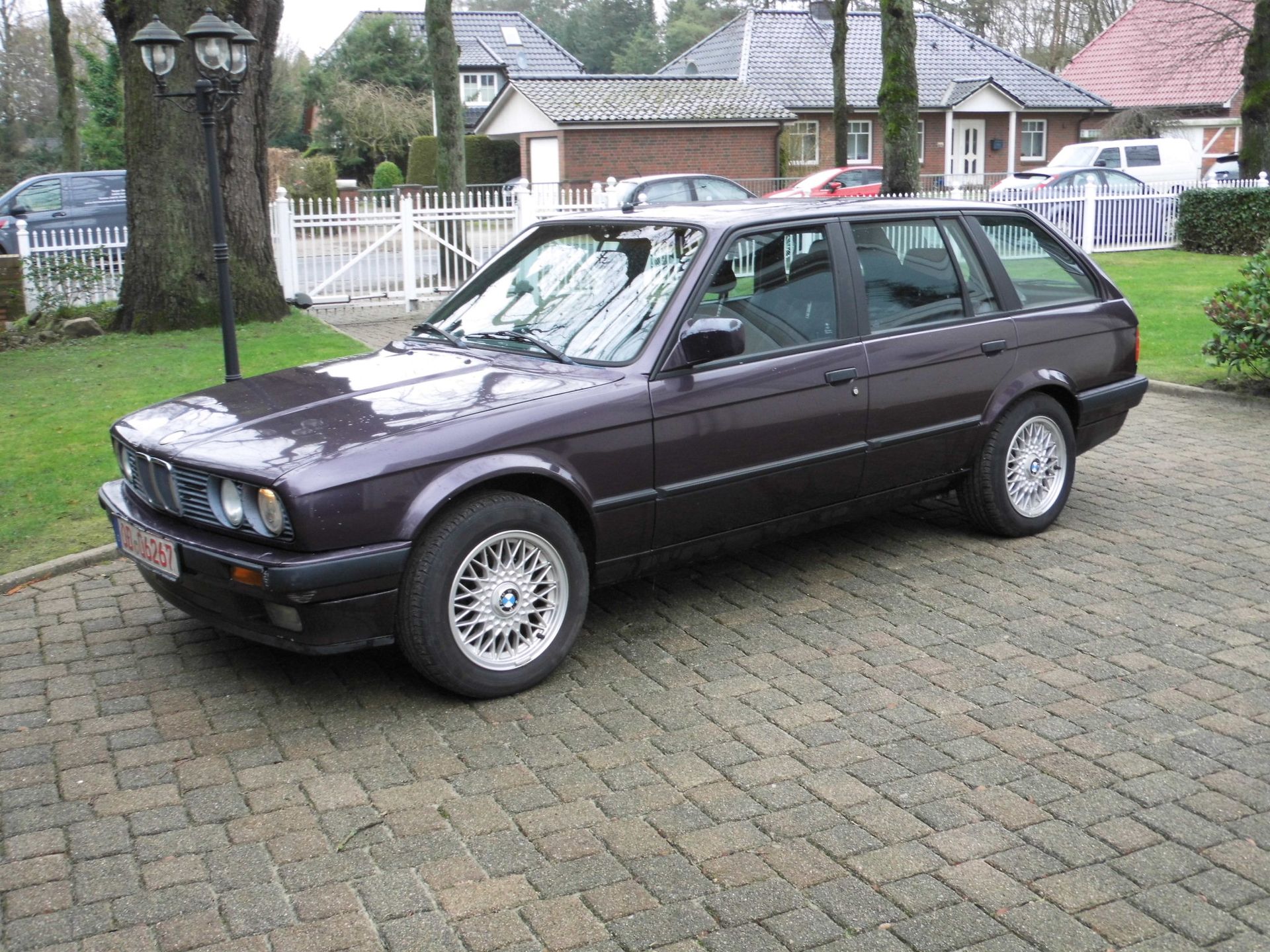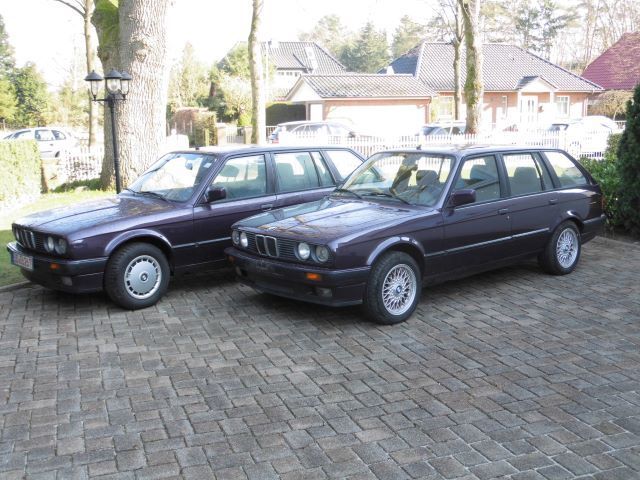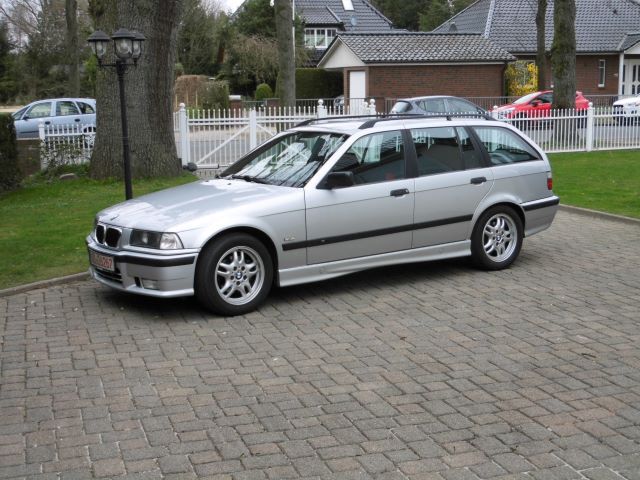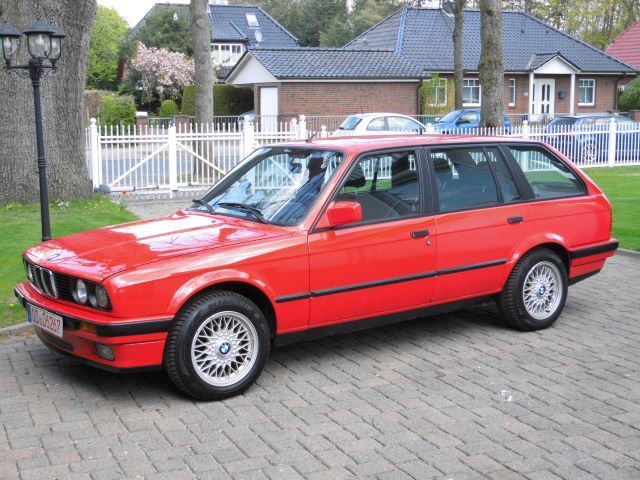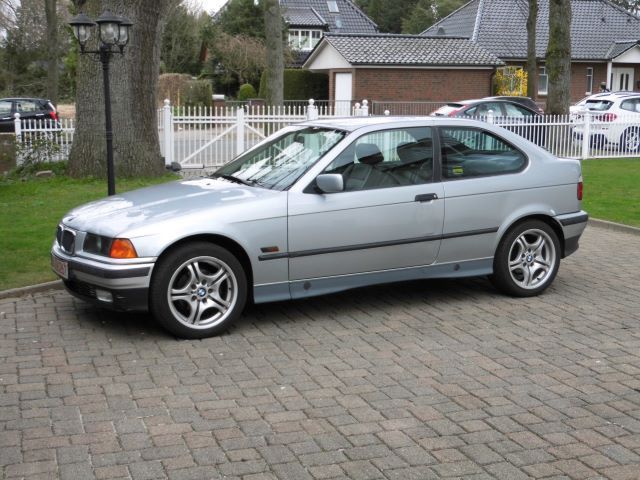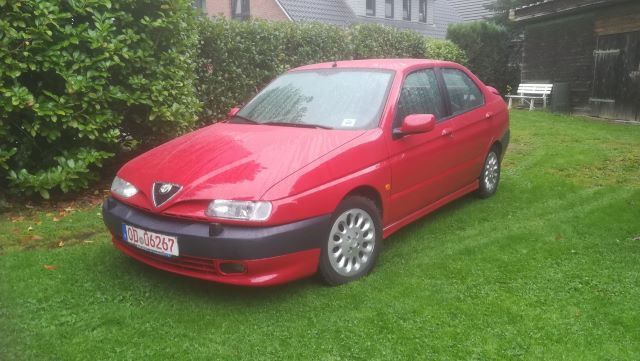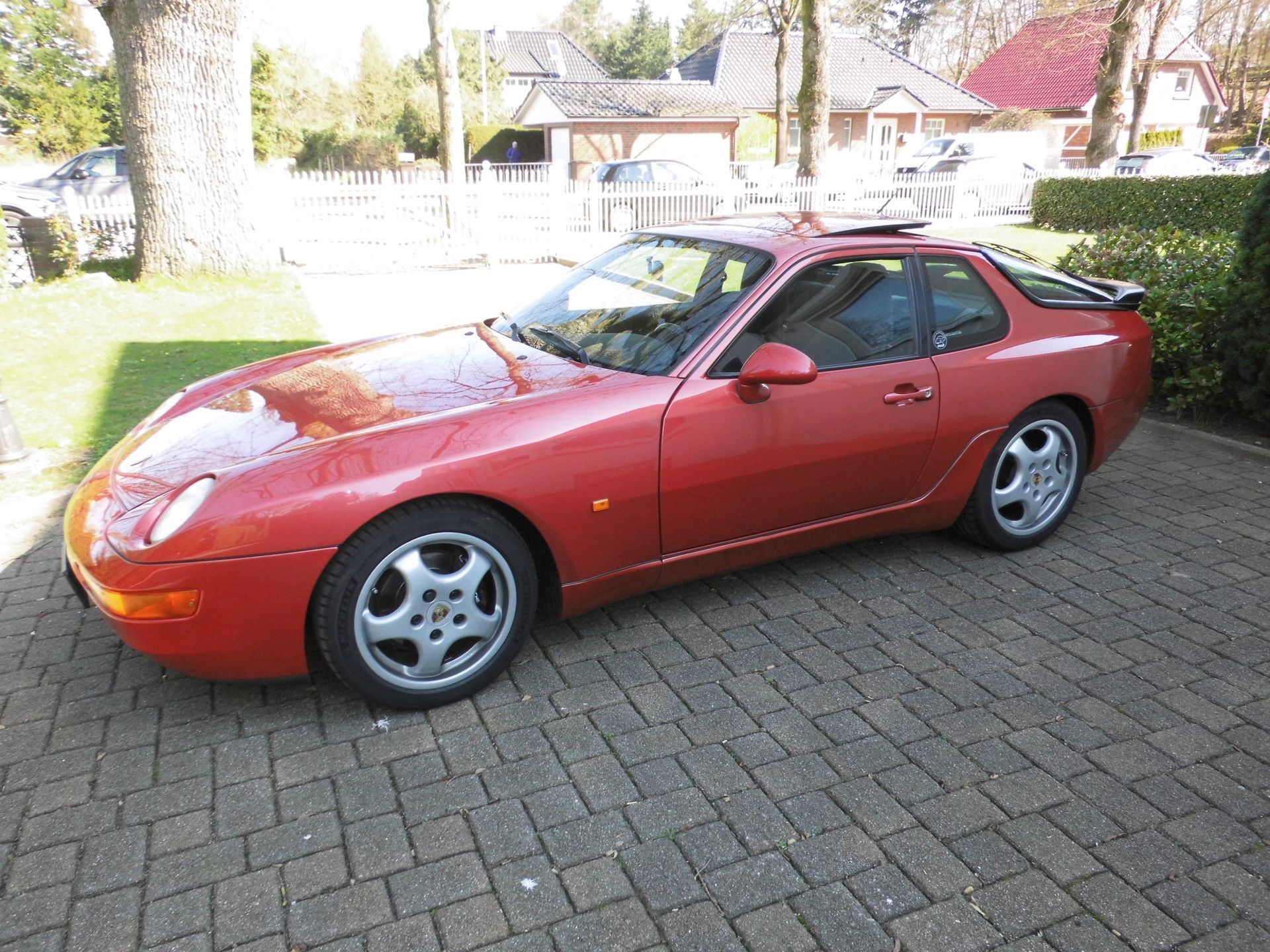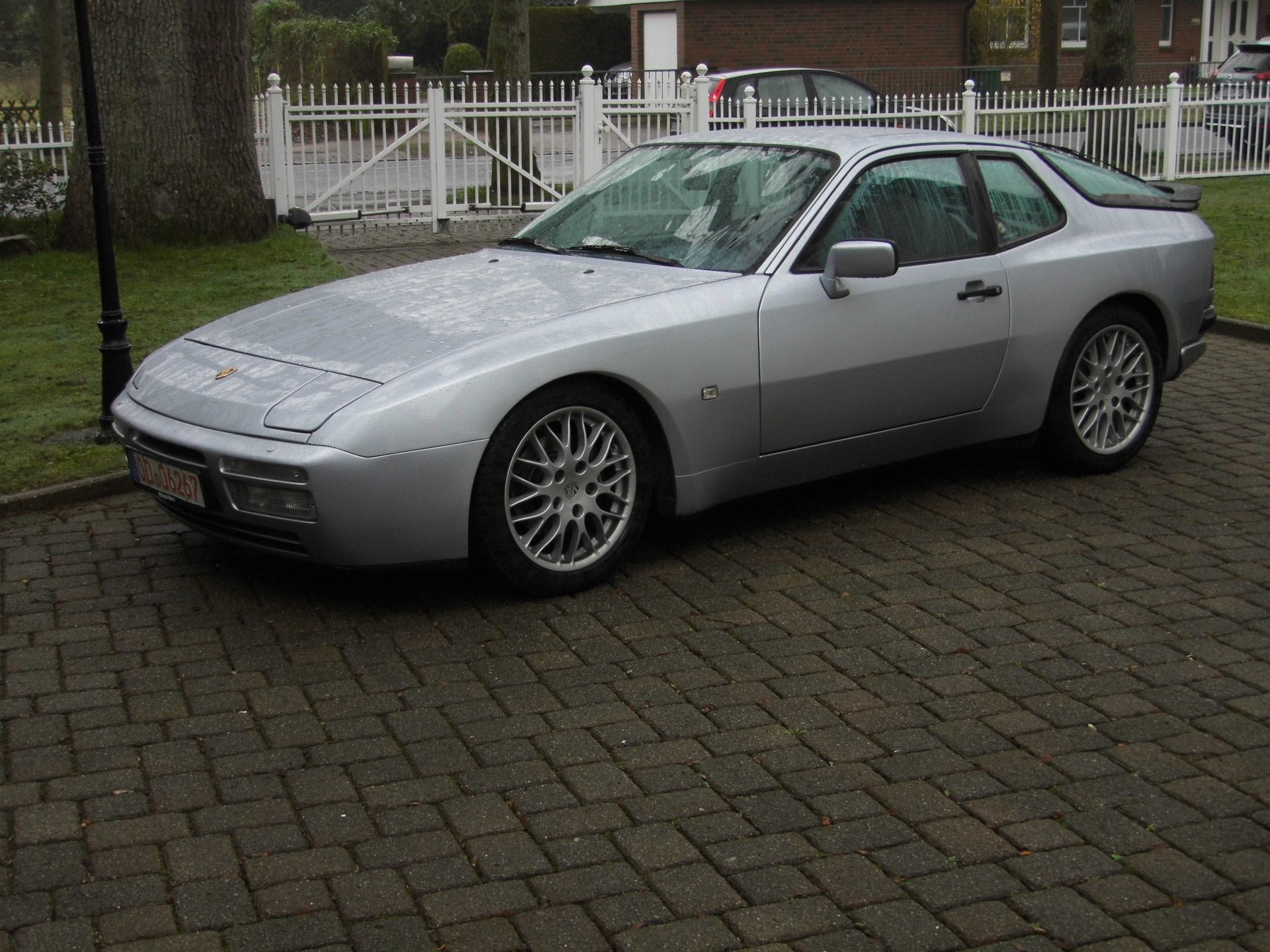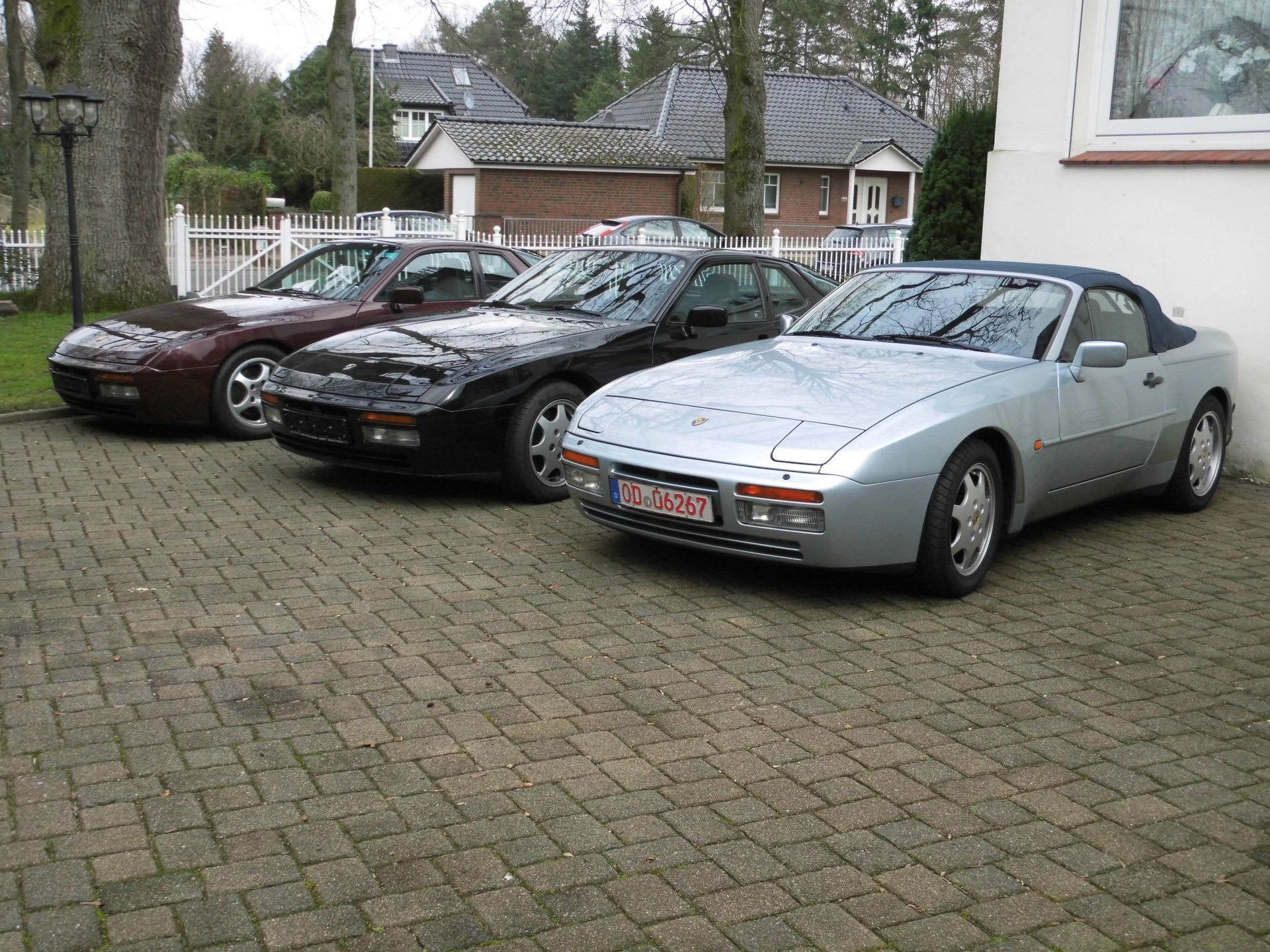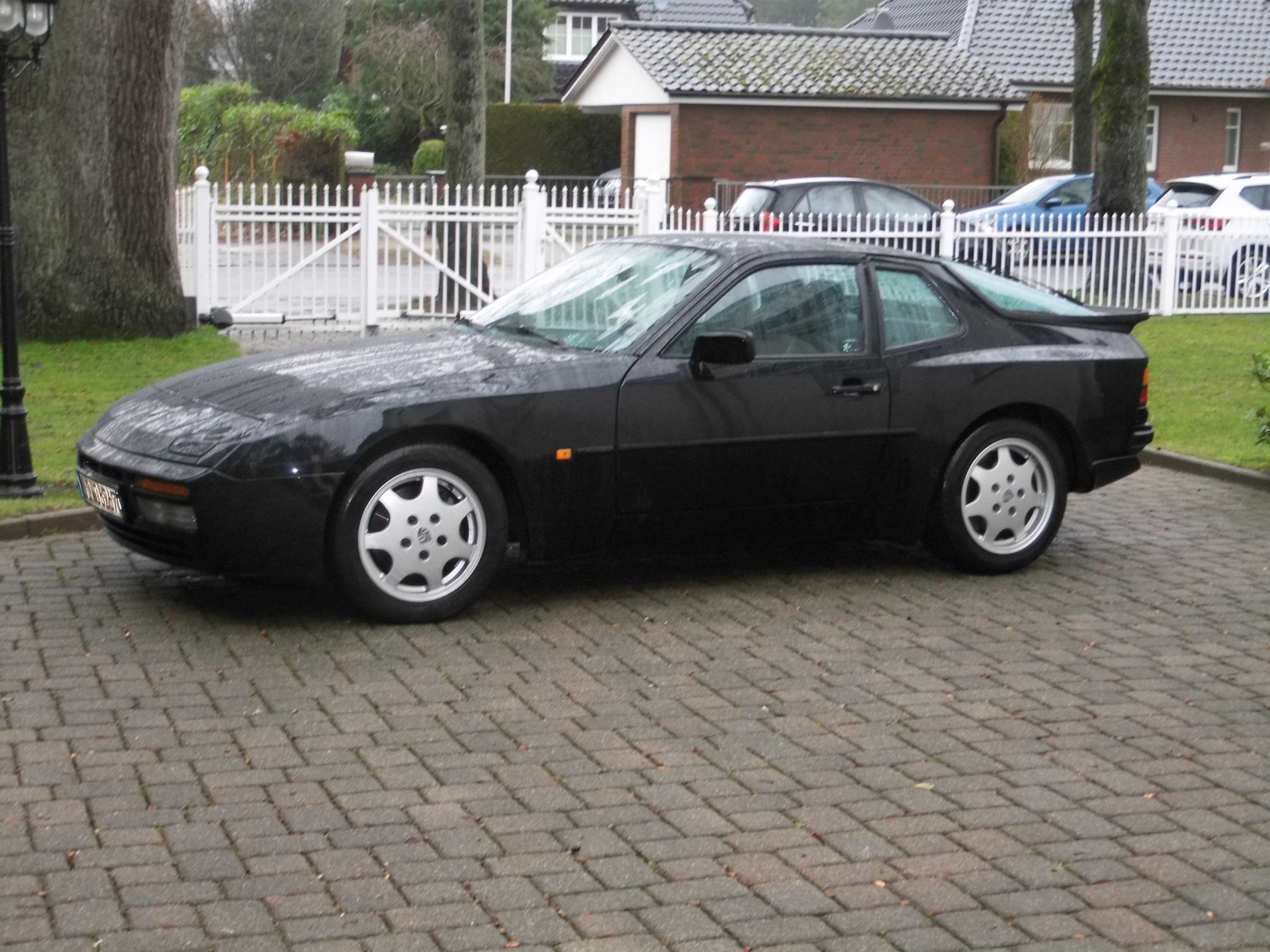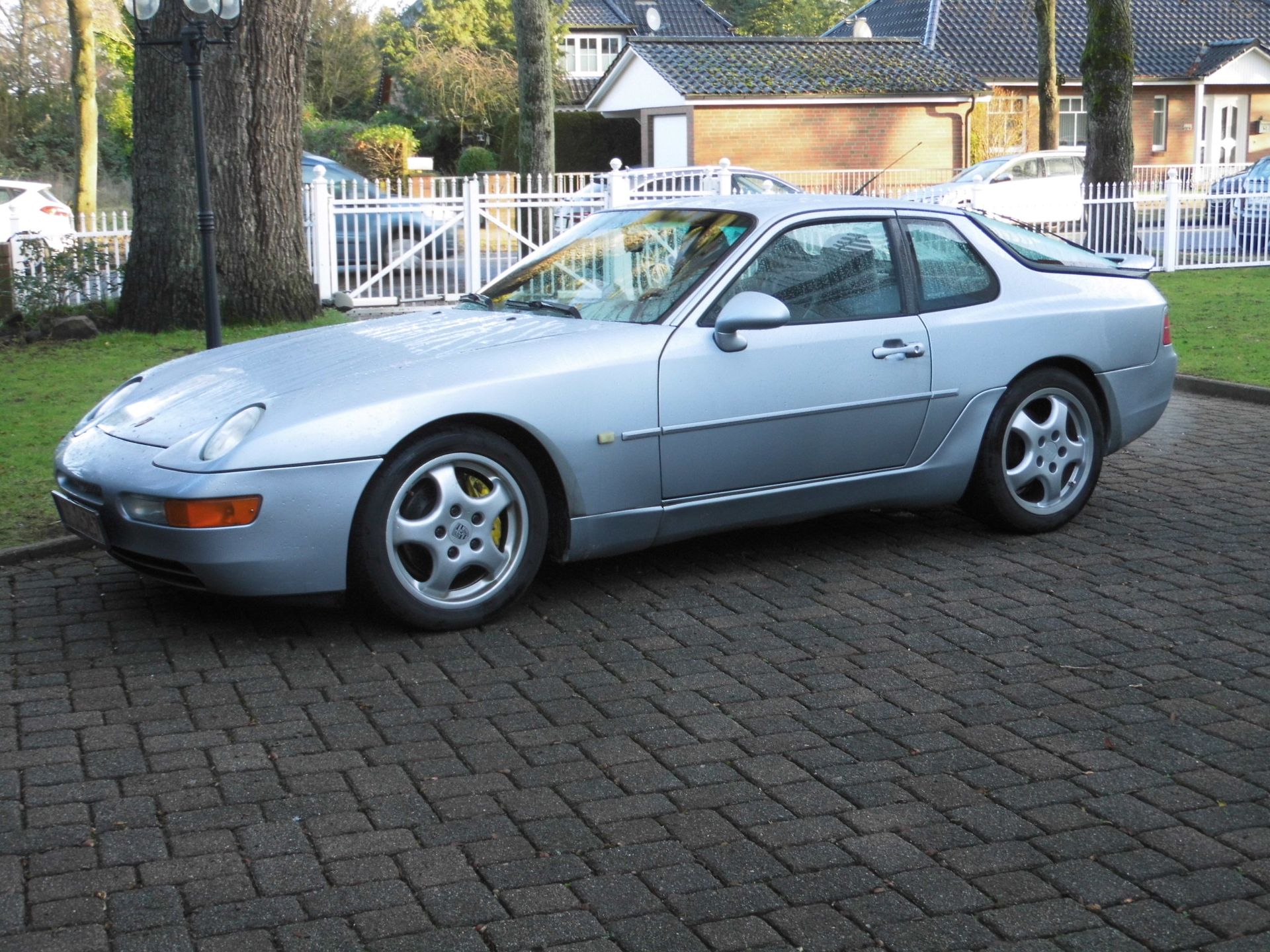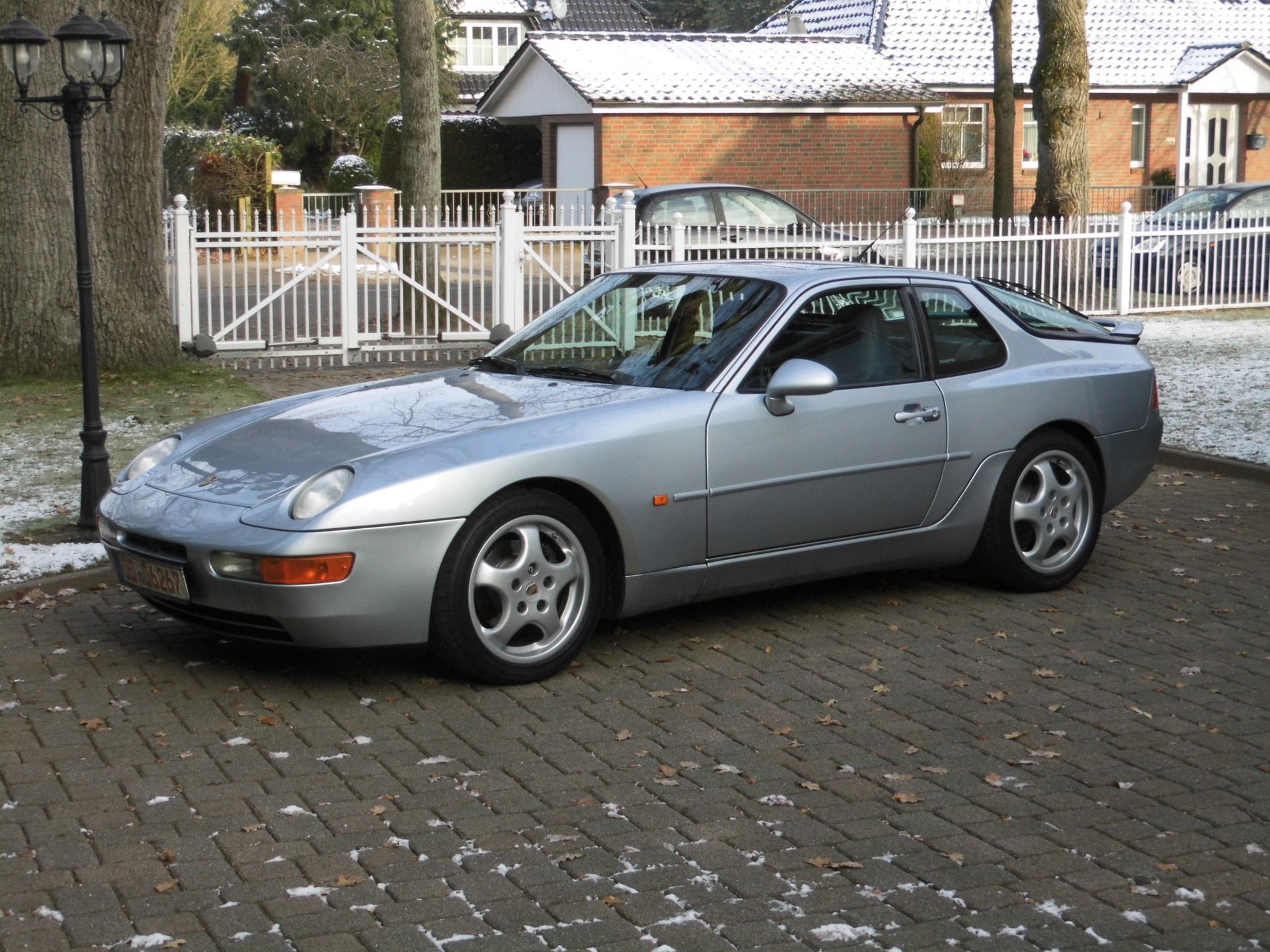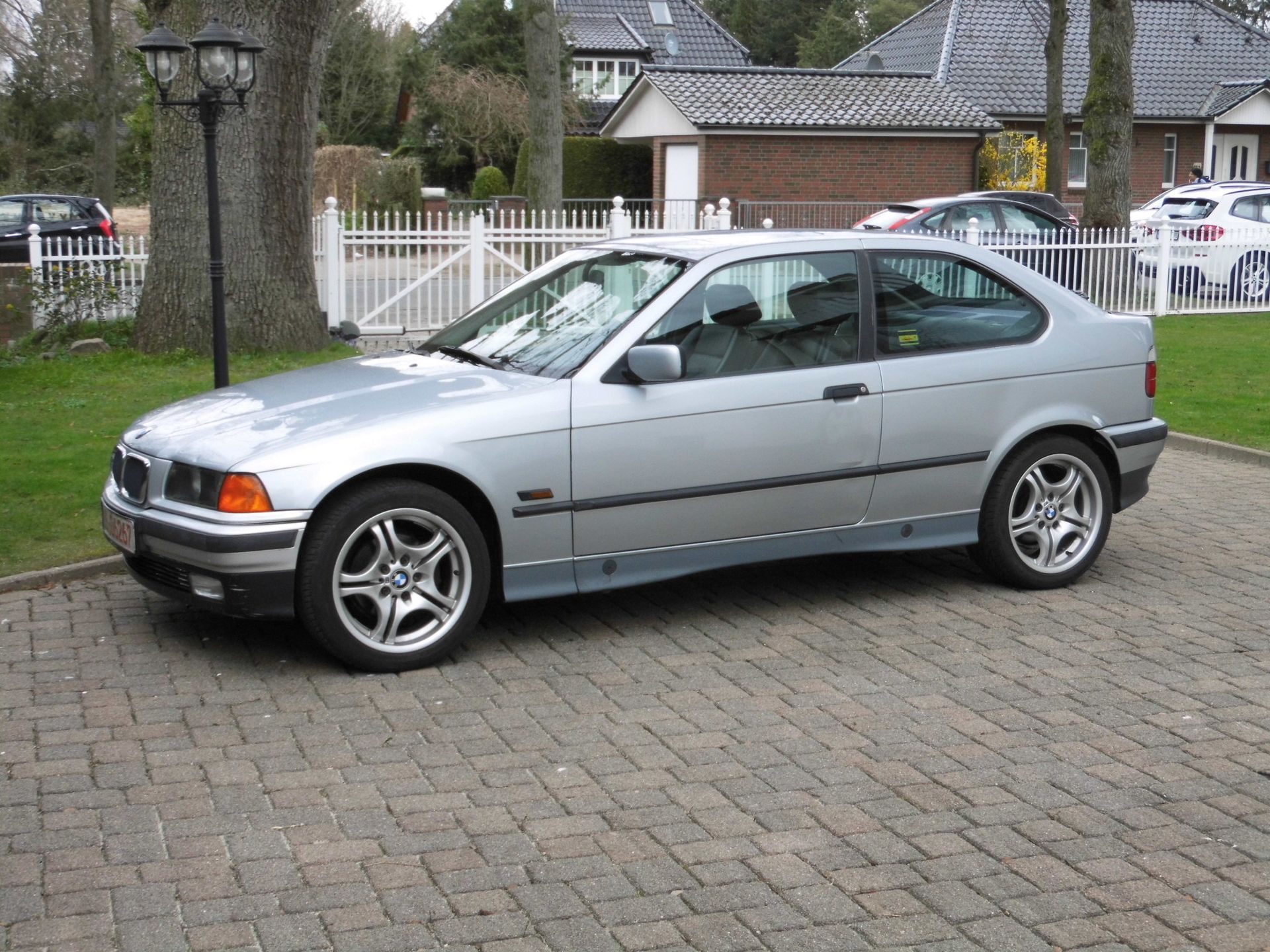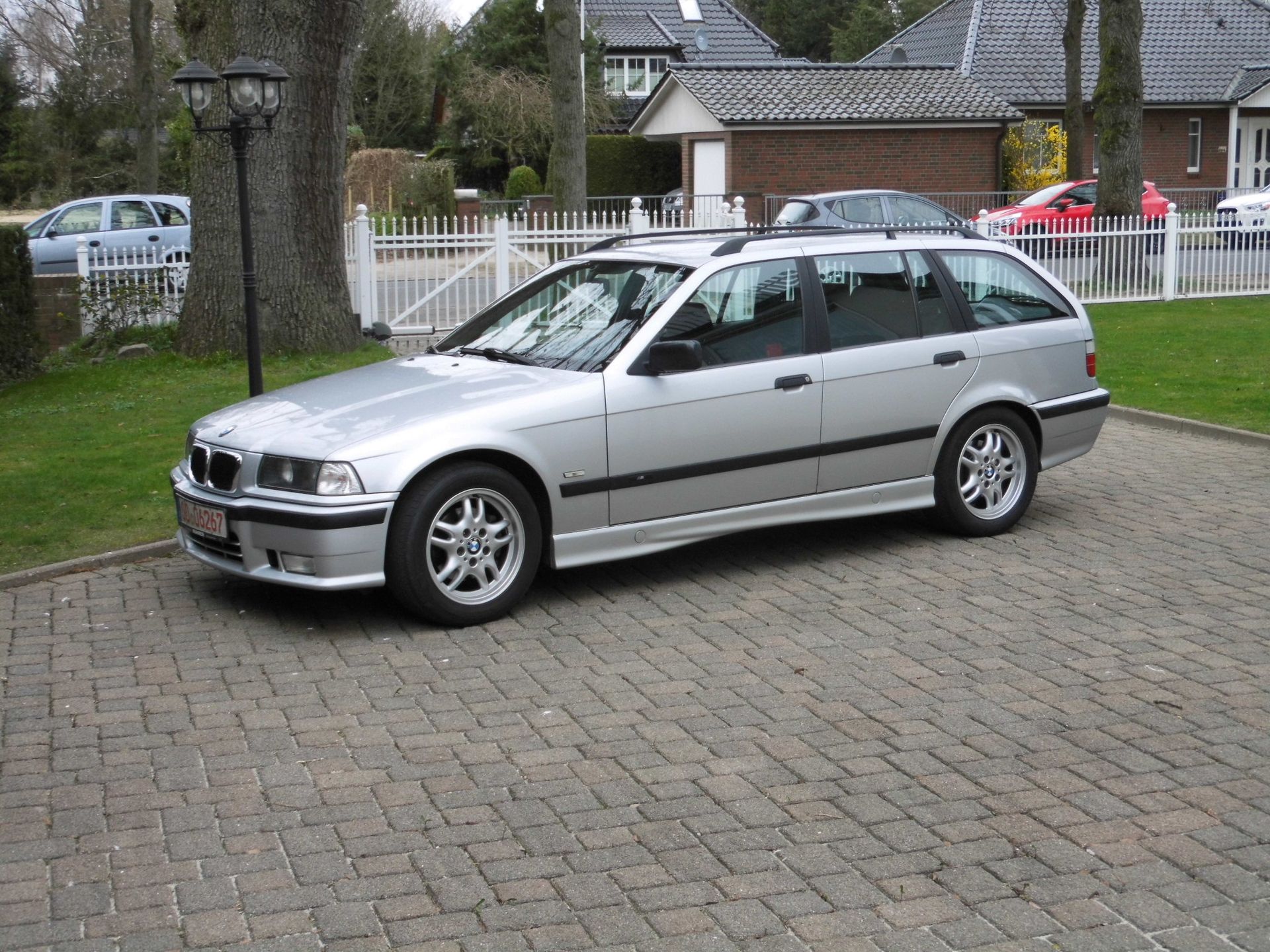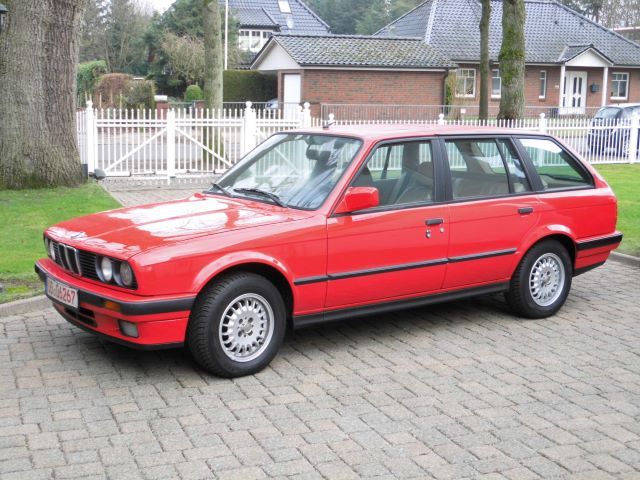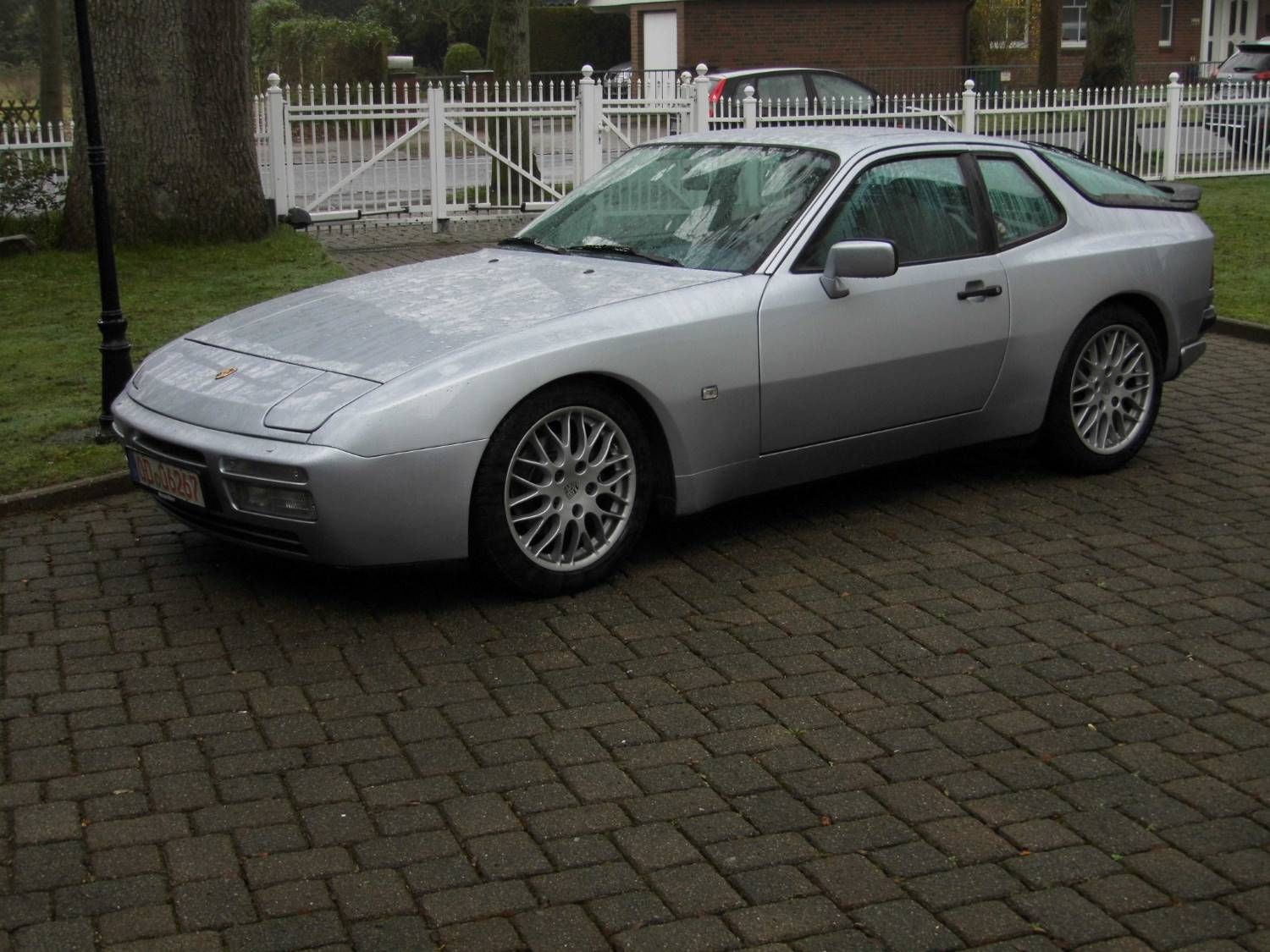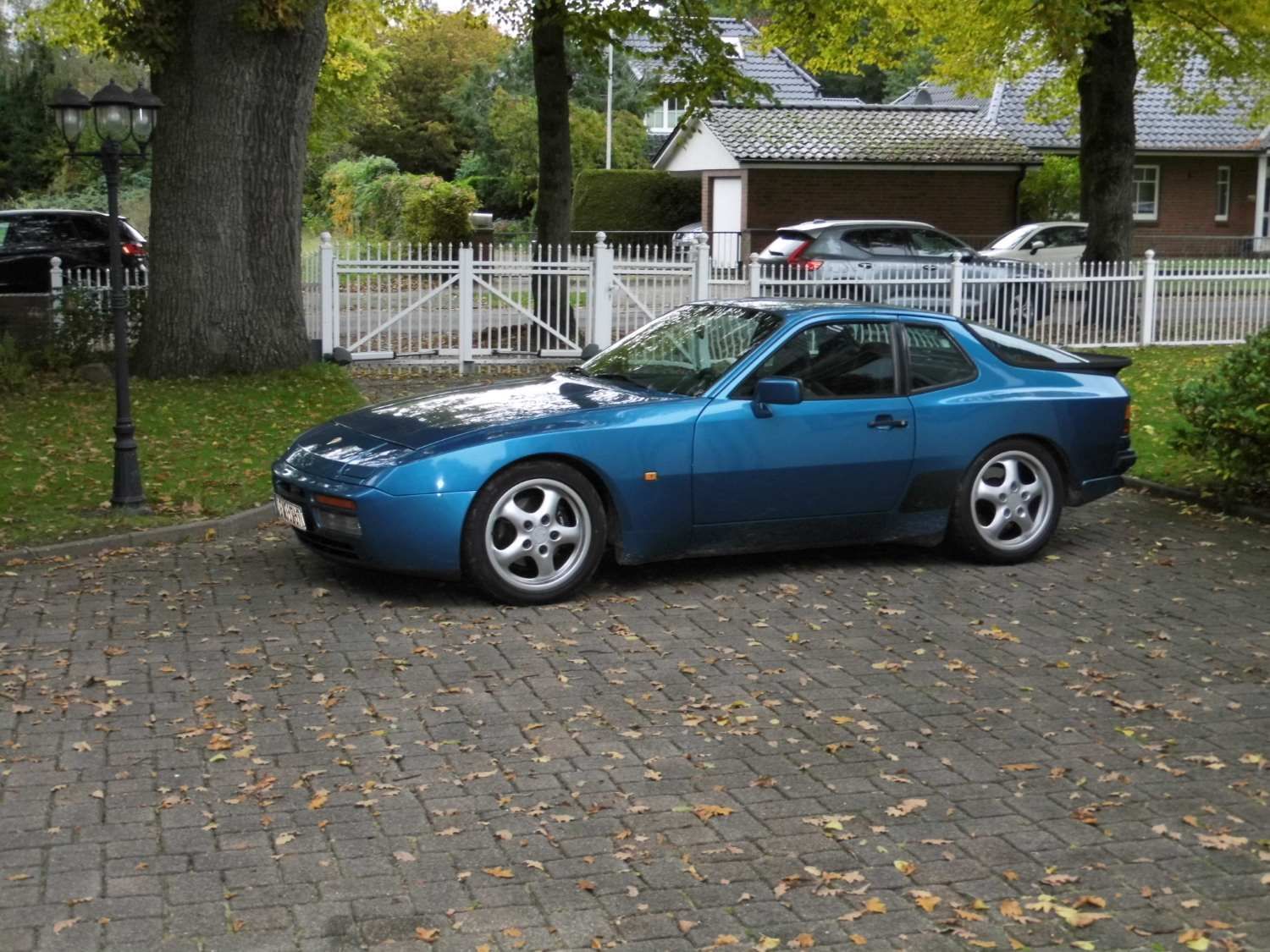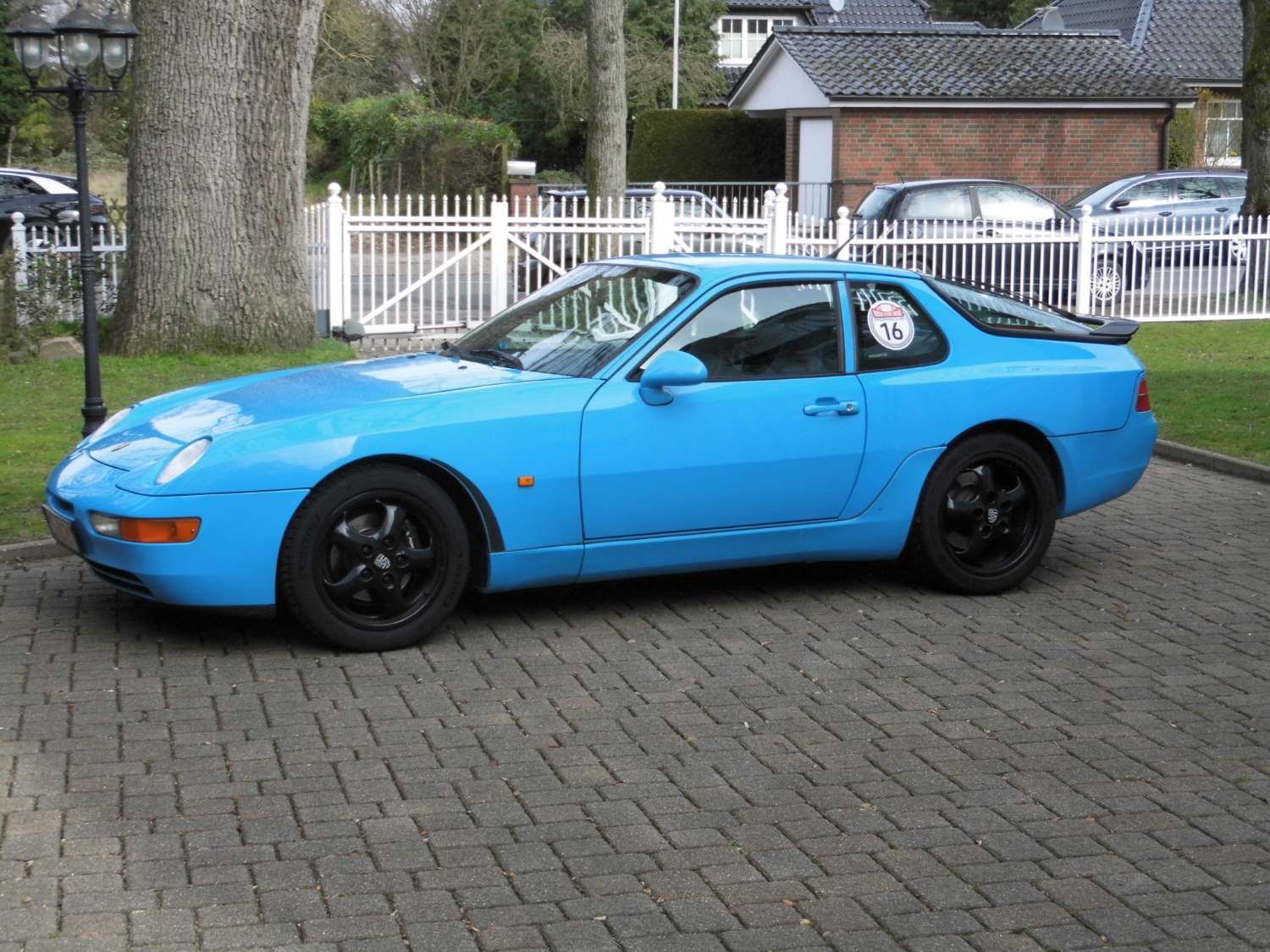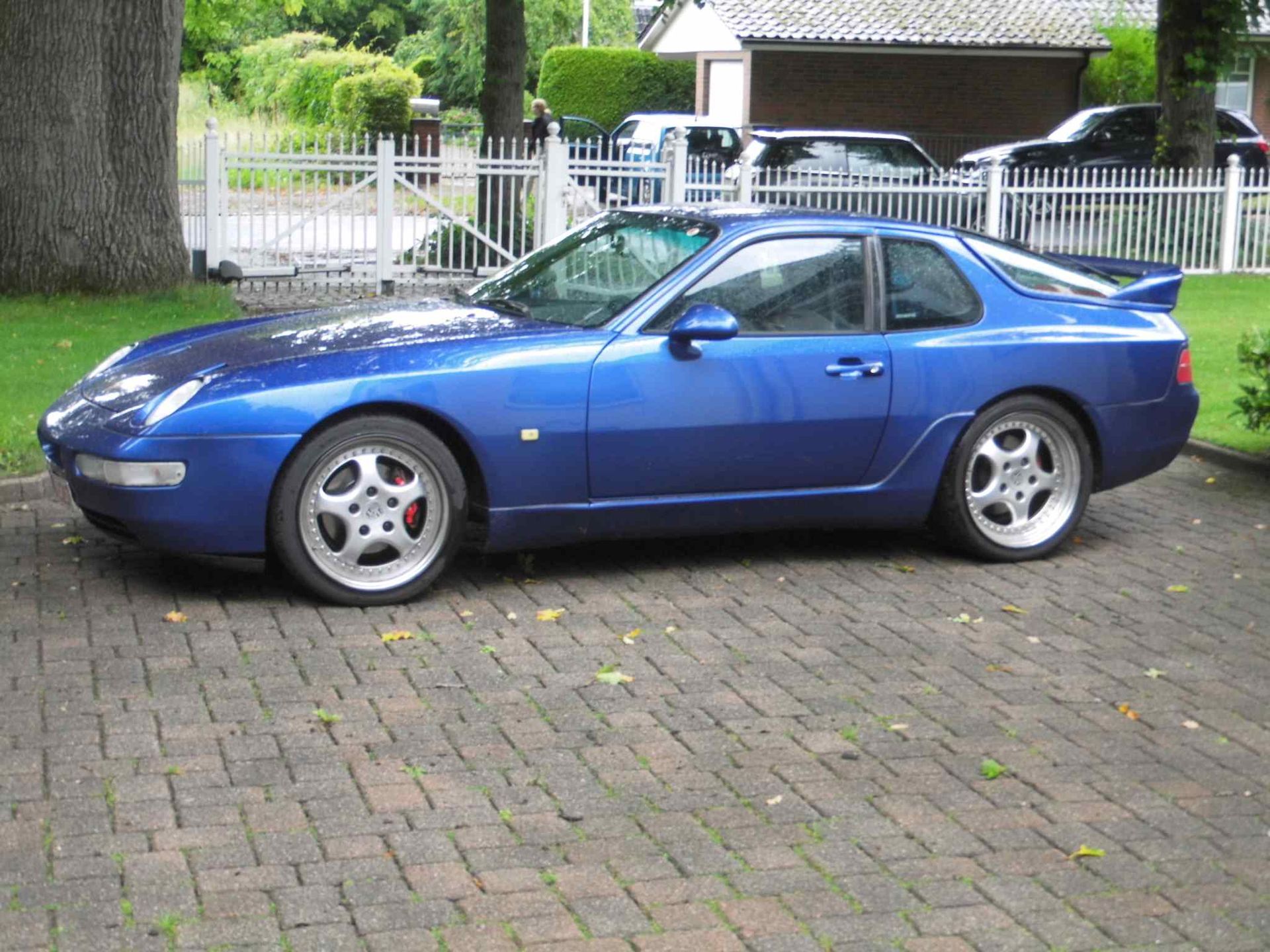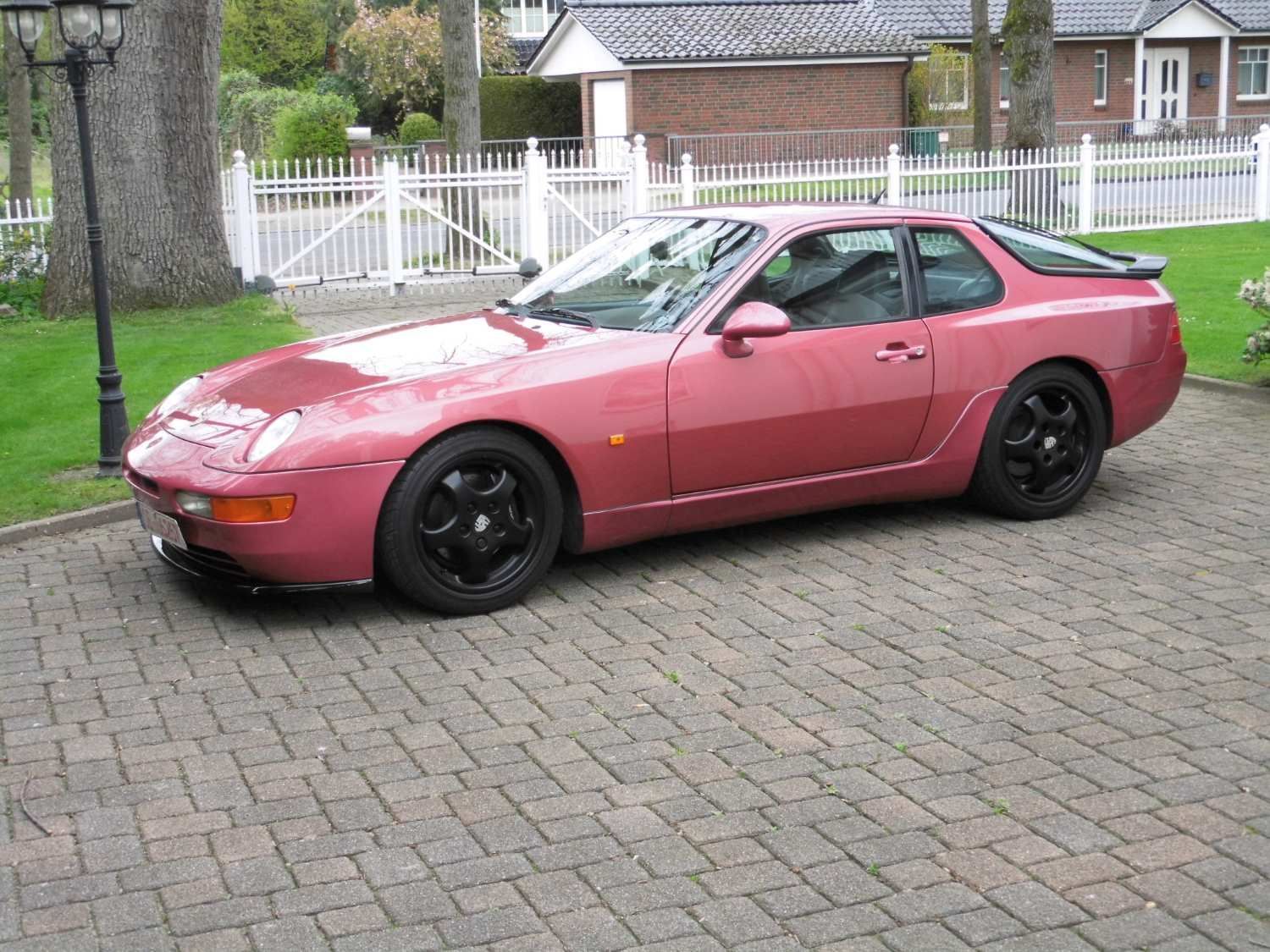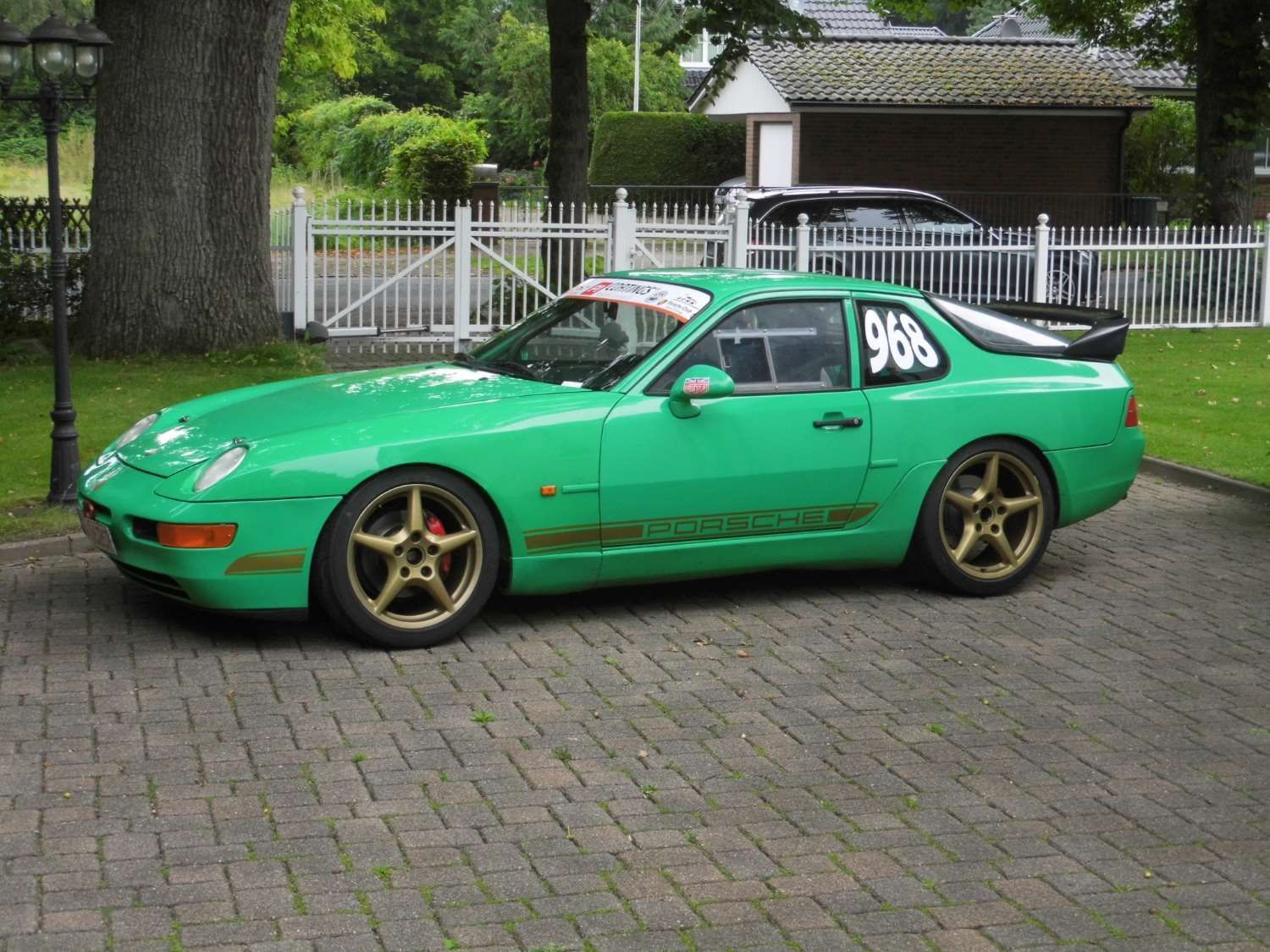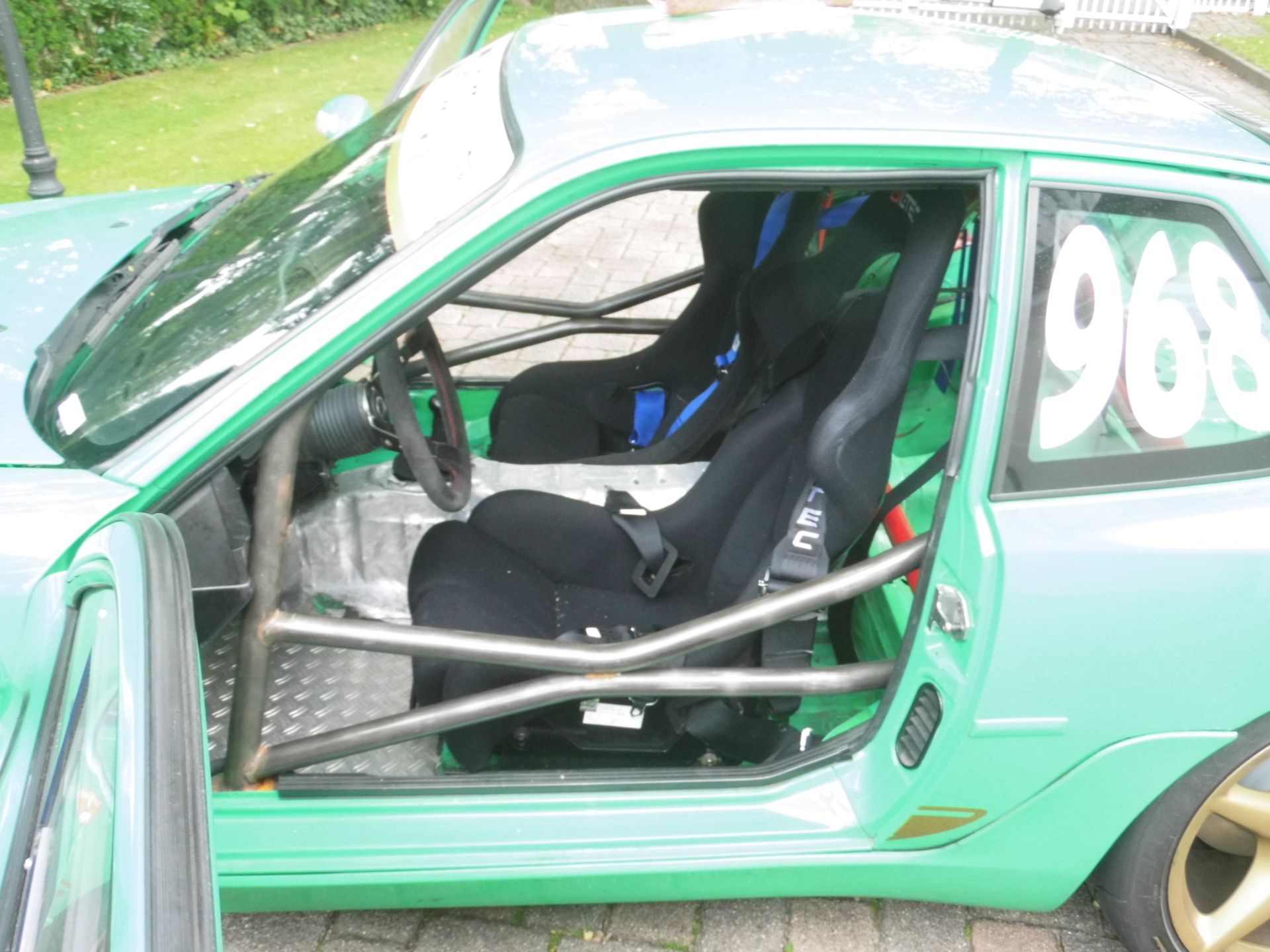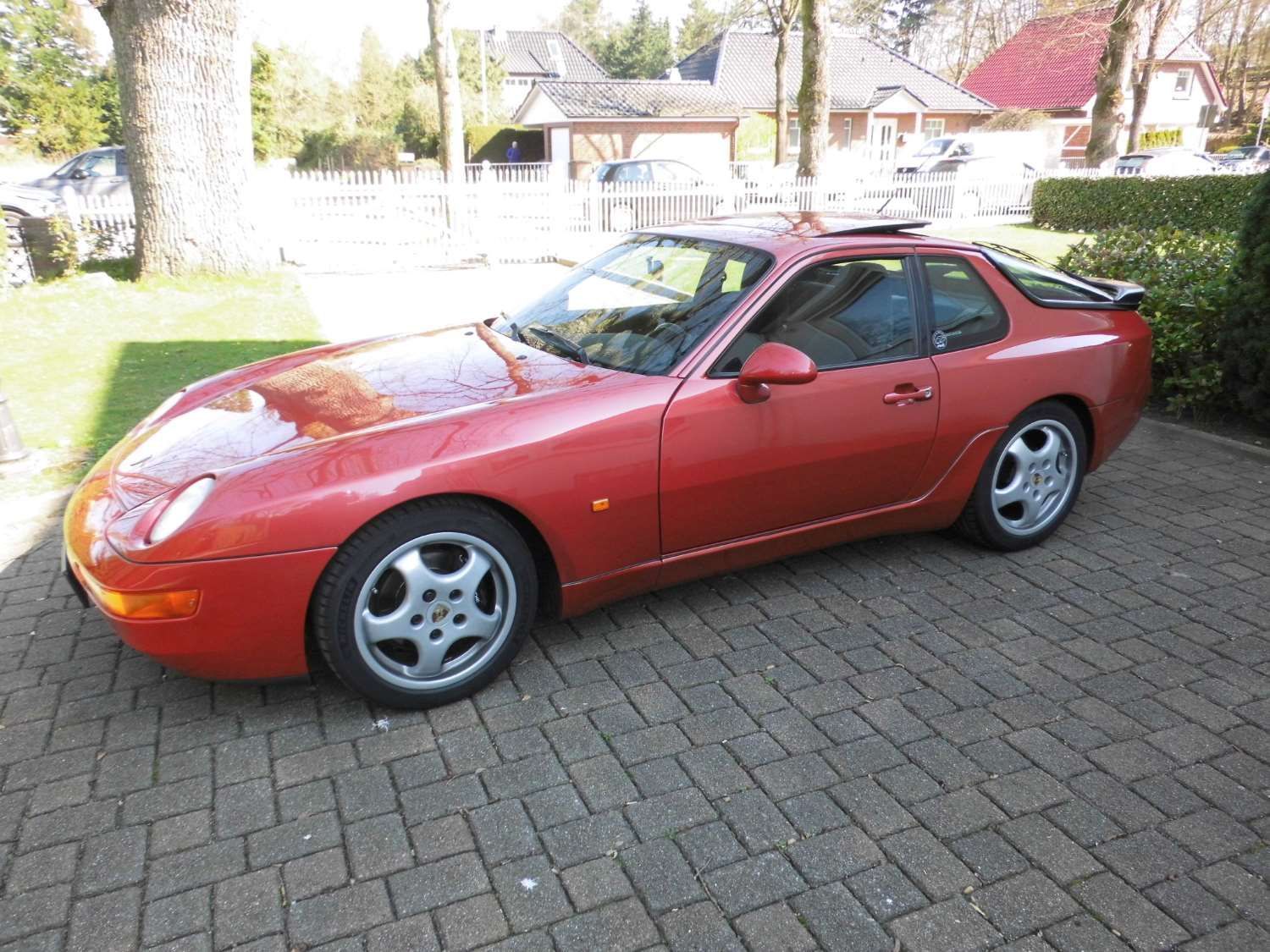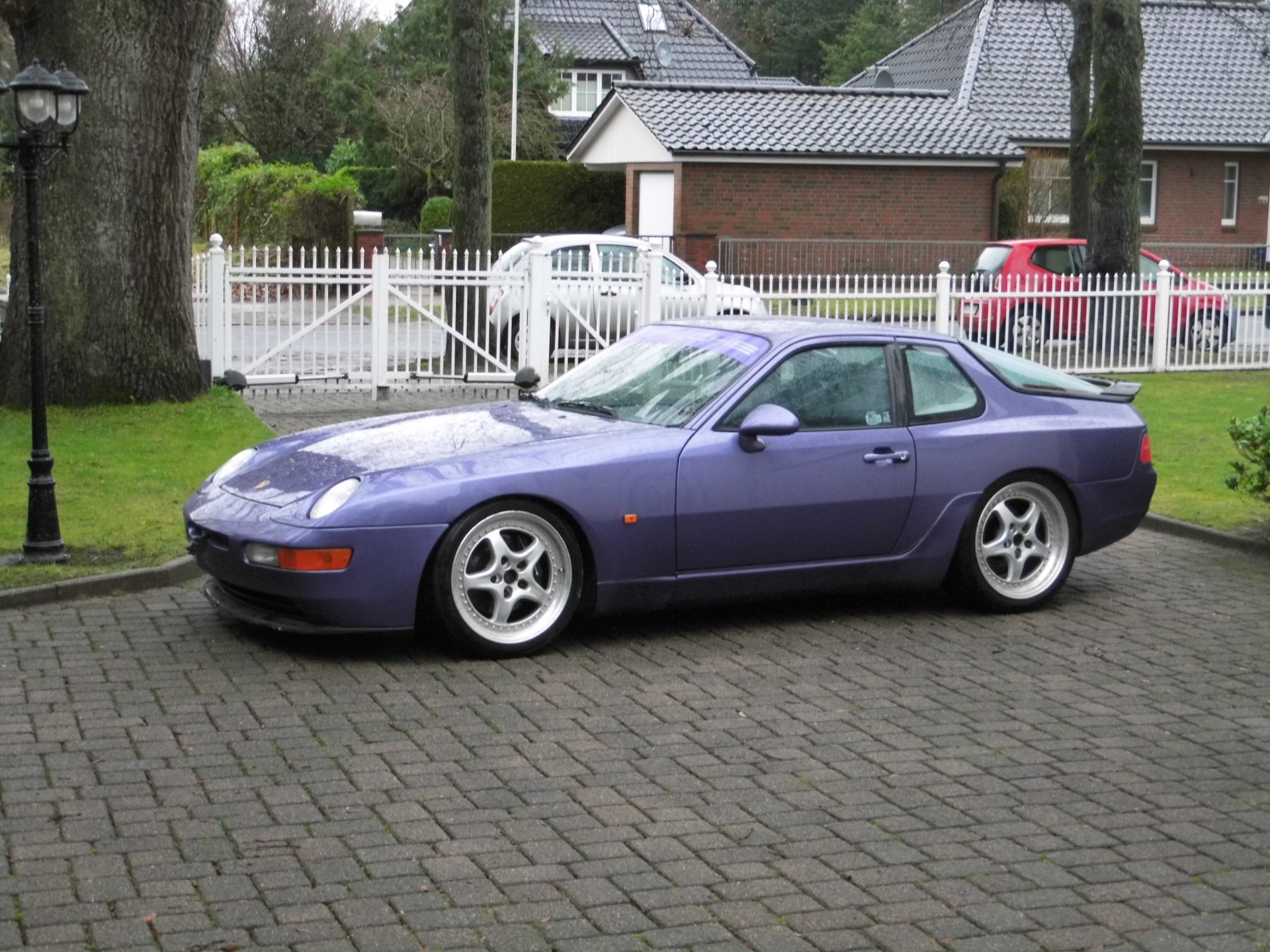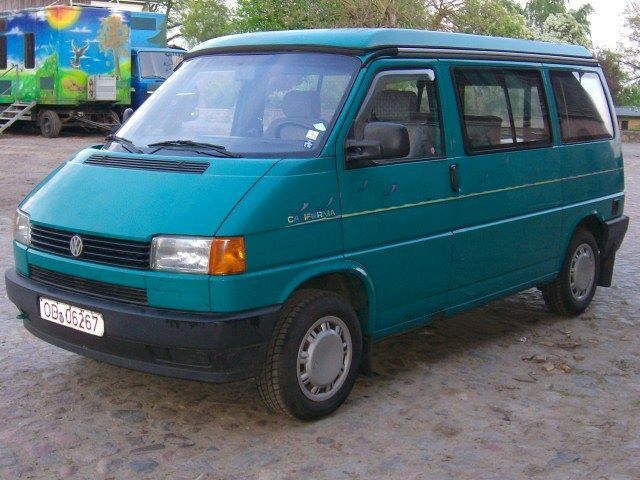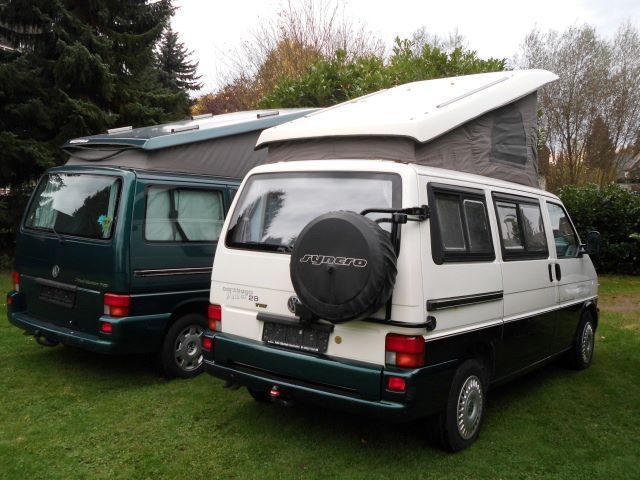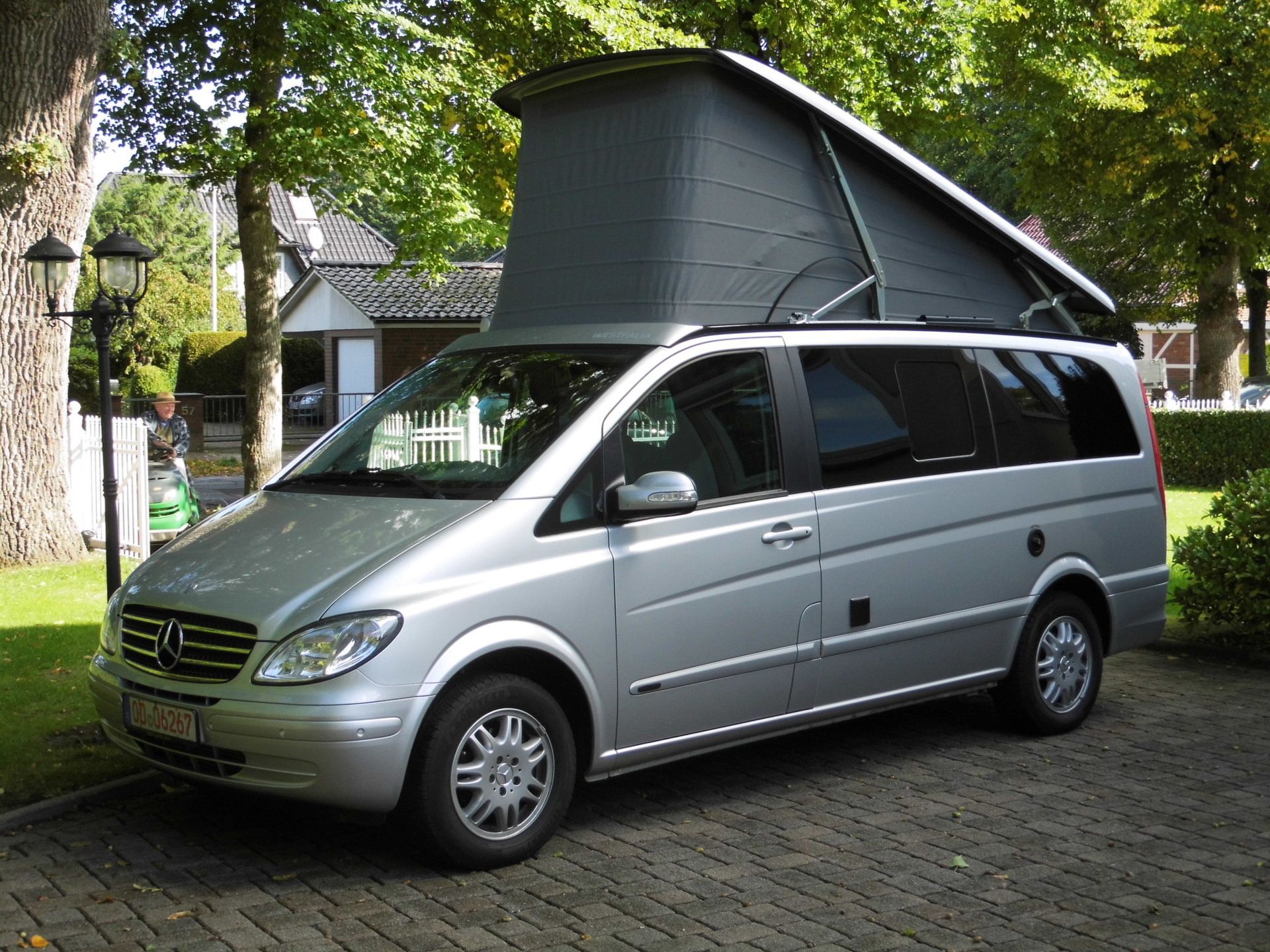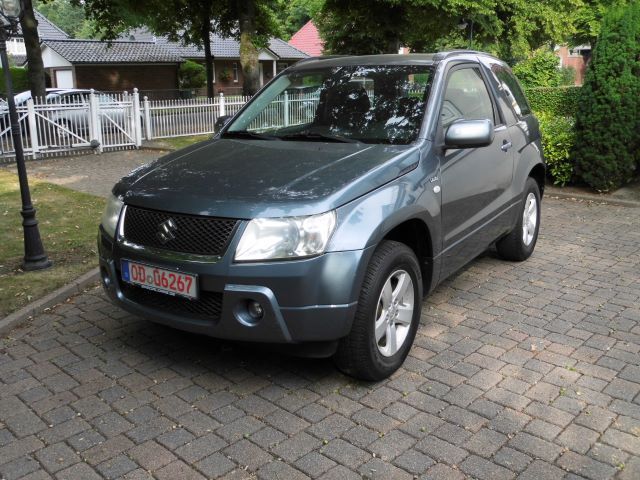CARS FOR CANADA AND USA
A used car from Germany - yes, it's possible!
Cars made for the European market generally do not conform with U.S. / Canadian safety, bumper and emission standards. Only cars over a certain age are not covered by these laws and may be imported.
Canadians buy cars older than 15 years, buyers from USA ask for over 25 year old cars.
USA:
Cars older than 25 years can be imported without conversion work. Americans seem to love older sport cars from Italy and Germany and Unimog, Mercedes G-Wagon, Landrover Defender, BMW Tourings E30 and Porsche TransAxle models…
More information on importing used cars to USA can be found on the following link:
https://www.nhtsa.gov/importing-vehicle
There are customs agents at the ports who can do the paperwork. It need:
- EPA declaration
- NHTSA declaration
- USCBP duties paid receipt.
Copies of these documents are required when applying for a title document in the USA.
Canada:
It is possible to import cars that are older than 15 years to Canada without any conversion.
Canadians seem to love older Volkswagen T3 or T4 or now T5, Doublecab (DOKA), older Toyota Landcruiser and RAV4, VW LT, Mercedes G-Wagon (Gelandewagen), Mercedes Diesel station wagon, BMW station E30, E36 or E39, Westfalia campervan, Unimog, Suzuki Jimny Diesel, Mini Cooper, Fiat Panda 4×4, Smart Roadster 452, all Volkswagen Syncro models.
Please find more information here:
https://tc.canada.ca/en/road-transportation/importing-vehicle
Shipping to North America:
Car carrier vessels go from Hamburg and Bremerhaven to many North American ports.
From Hamburg is a weekly service to the following Ports: Halifax, Newark, New York, Baltimore. The duration is about 14 days. Such shipment for a passenger car cost about 1.700 Euro (01/2024).
From Bremerhaven the vessels go to other East coast ports, Gulf ports and Port Hueneme and Tacoma at West coast. Such vessels go about once a month and the duration is several weeks.
To Canada, BC: No car carrier vessels from Europe go to Vancouver. I have shipped cars to clients from British Columbia via Tacoma (seem to be complicated), in containers via Montreal (and train, expensive and complicated) and Halifax (later on rail). The best seem to be via Halifax.
More about shipping a car:
– Cars have to be in running condition.
– A car has to be completely unlodaed. Trunk and inside must be empty. Just the spare wheel and the jack. No other goods, no parts, no personal things are allowed to go with the car!
– The car and the undercarriage has to be steamcleaned before it can be delivered to a German port. That is to avoid bringing in seeds or bugs from Europe to your country. Your port authorities may do a kind of soil inspection on the car.
Other charges:
A shipping rate does not include the handling charges at your port in North America. There will be duties and fees such as port handling charges, agent fees, ISF filing fee, CFIA fee, EPA/DOT documentation fee, soil inspection fee, maybe others…
You will need a customs or clearing agent at your country for all that. Ask me, I can give you some contacts of agents I worked with before.
My purchase service:
I contact the seller for more information, do the inspection and buying, drive the car from sellers place to my place which is outside Hamburg. I do the German customs declaration, book the seafreight, steamclean the undercarriage and deliver the car to the German port. Once the ship has been loaded I will get the Bill of Lading from the shipping line and after that I start a DHL with all documents to the buyer.
If you want me as your supplier for a used German car, if you want further information about European cars, if you need a partner in the German market, please contact me by email:

